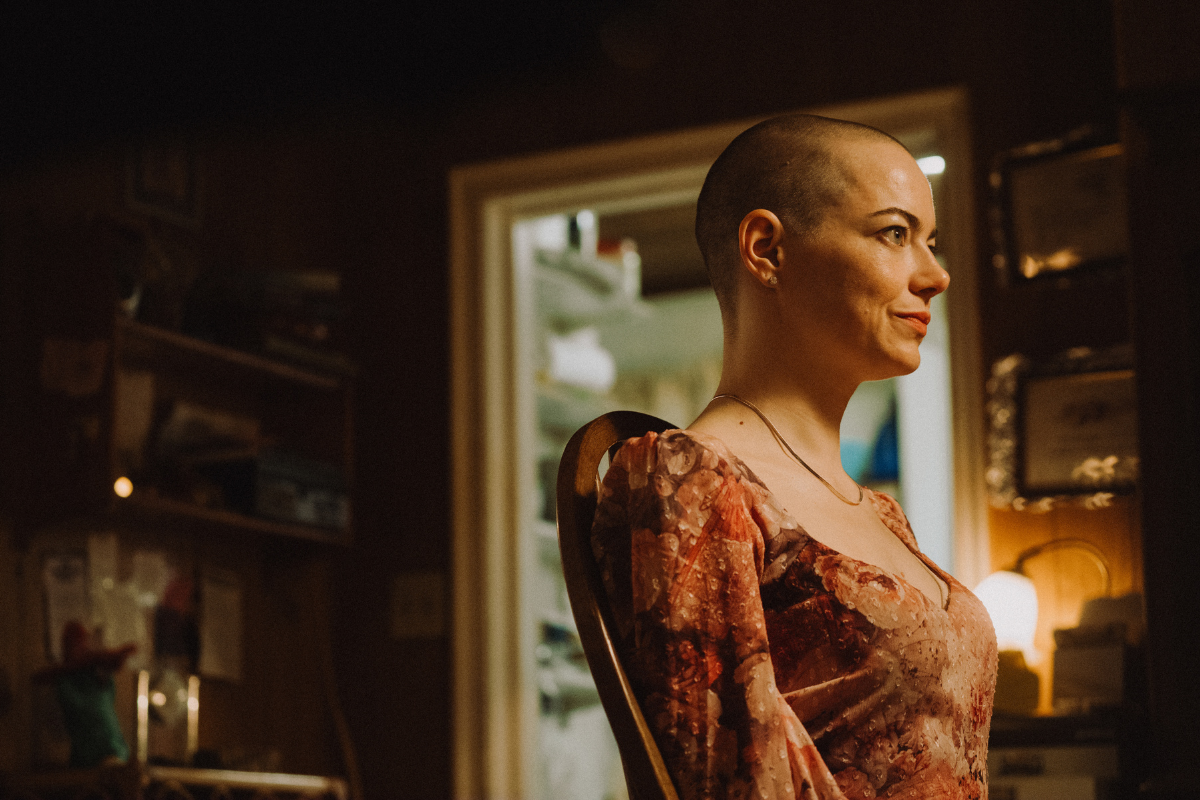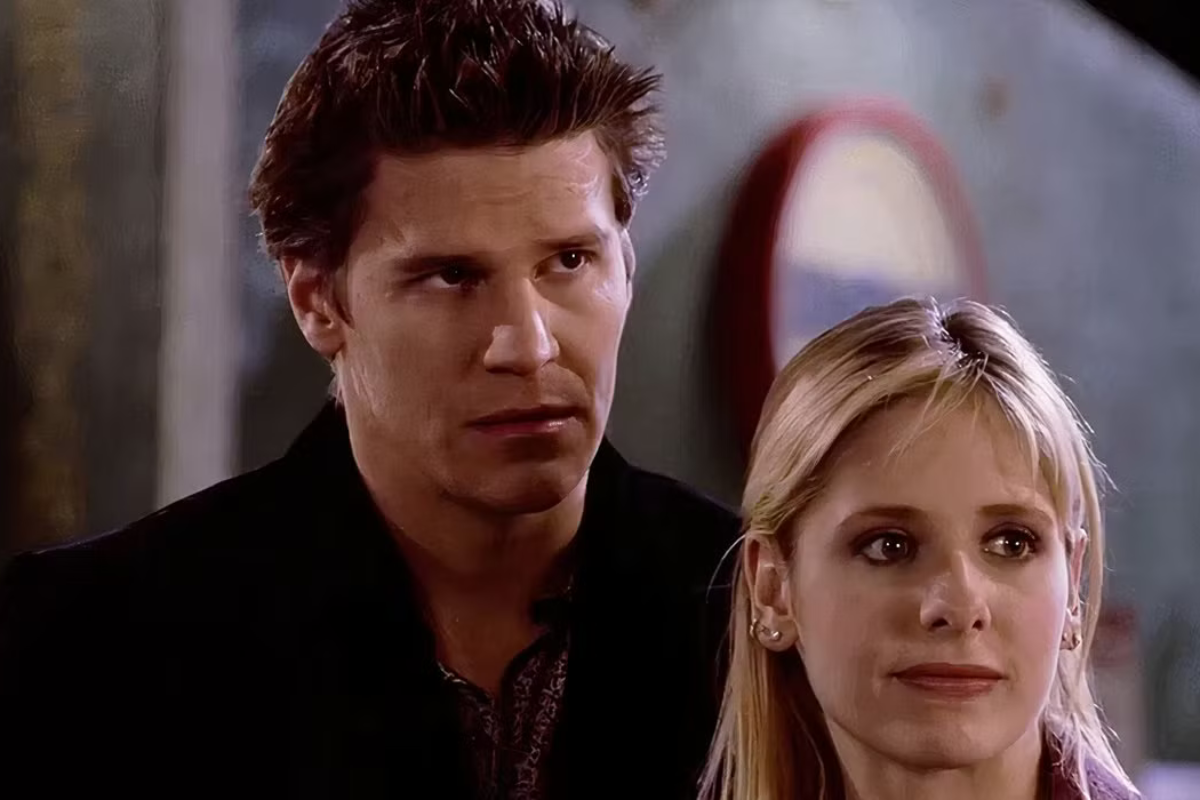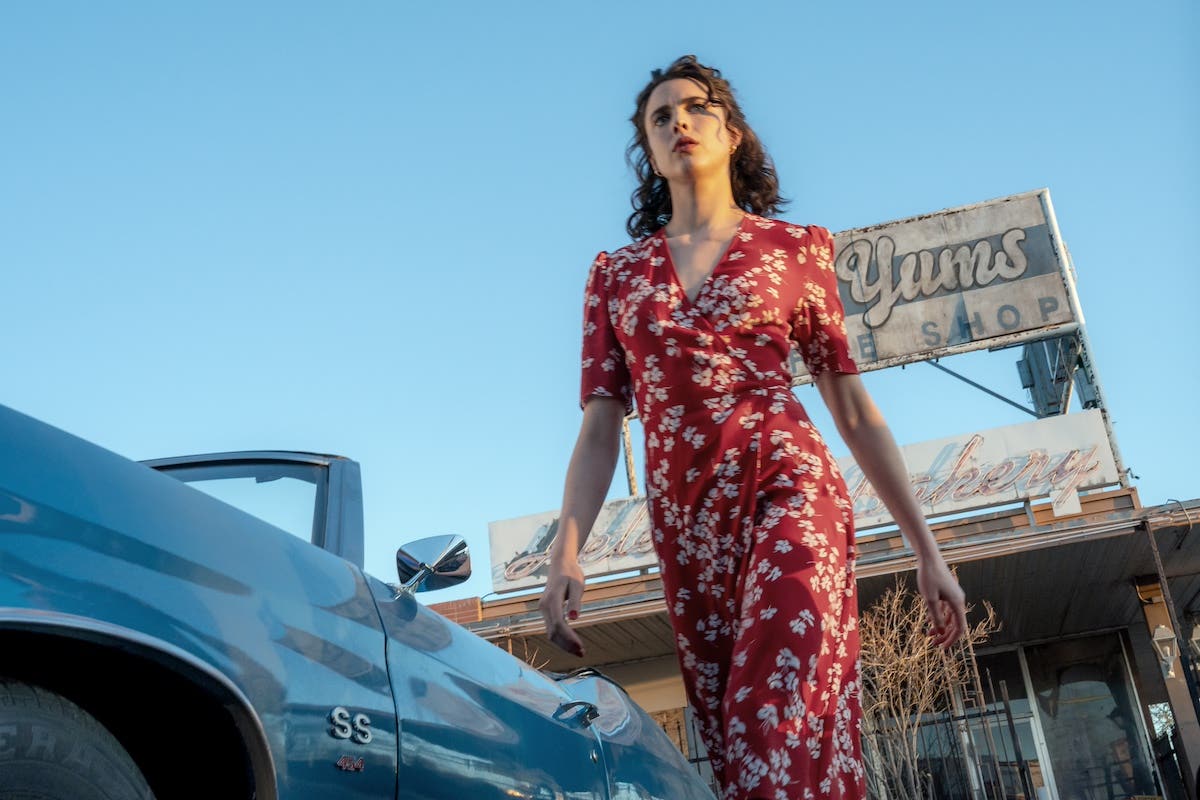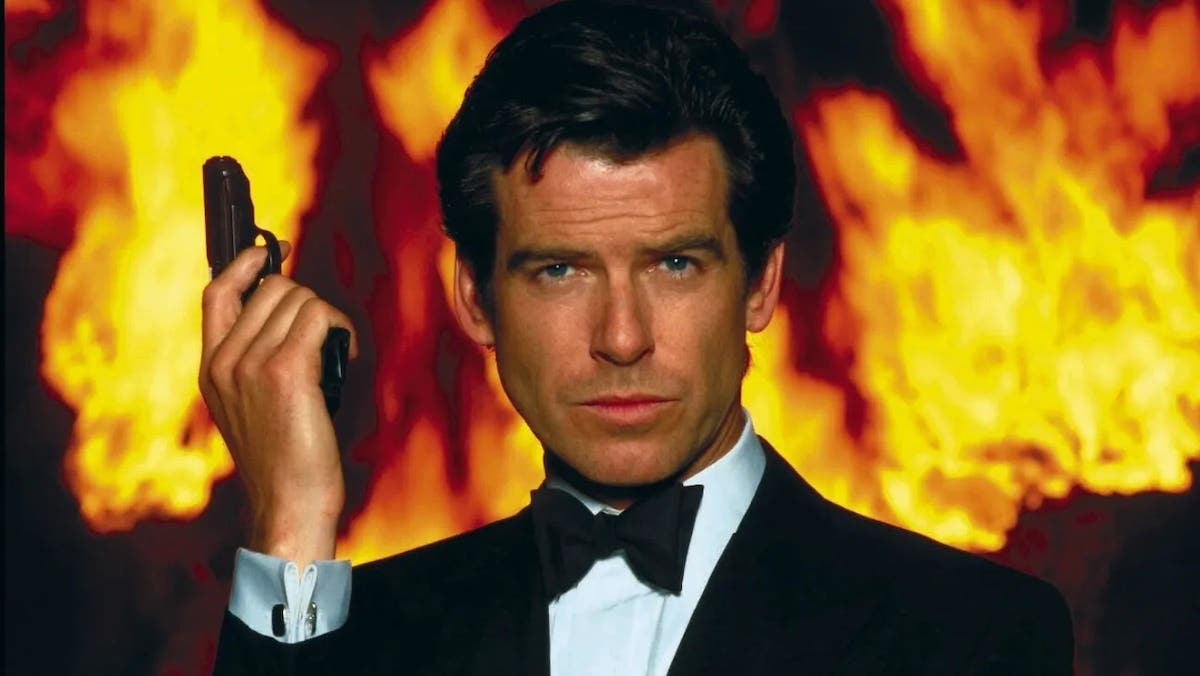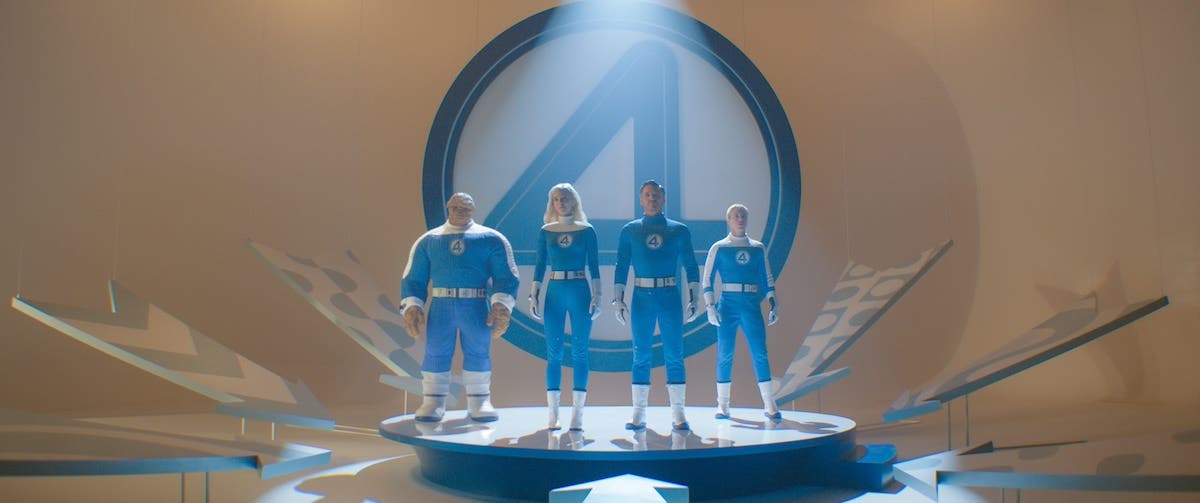SCRIPT INDUSTRY EXPERT Q&A: Meet Lee Jessup of “Writers on the Verge”
Script brings you behind the scenes to get to know our family of contributors on a more personal level. Meet Lee Jessup, author of Writers on the Verge.
Script brings you behind the scenes to get to know our family of contributors on a more personal level. Meet Lee Jessup, author of Writers on the Verge.
Lee Jessup, former director of ScriptShark.com, is a career coach for screenwriters, specializing in guiding aspiring and professional scribes toward long-standing and prolific screenwriting careers. Her coaching clients include Golden-Globe and Emmy nominees, best selling authors, sold and produced WGA members as well as writers just starting out. Her national Business of Screenwriting seminar was sponsored by The New York Times and launched in corporation with Final Draft, and her book Getting It Write: An Insider's Guide To A Screenwriting Career was published by Michael Weise Productions. To learn more about Lee and her coaching services, visit leejessup.com.
What was the first movie you ever remember seeing or the one that made the most impact on you as a child?
My father is a film producer, so I grew up watching movies by the greats from early on: Fellini, Truffaut and the like. But the one that first showed me the full impact a movie can have on a very personal, tactile level was, believe it or not, Flashdance. I was a passionate kid and an aspiring young dancer to boot. The whole idea of the power of dreams, the importance of passion was something I didn’t even know I cared about yet. But that movie made me understand theme in a way I never comprehended before. I still remember the walk back from the movie theater with my father, talking about what the movie had to say. If you lose your dream, you’re dead. Blew me away.
What’s your favorite movie of all time?
I am a staunch pluralist. No single favorites here. The list is long and strong: Fellini’s 8 ½ is one I always see something new in. Stand By Me. Silence of the Lambs. Goonies. Boyhood. Stranger than Fiction. City of Lost Children. Amelie. Chicago. I could go on and on and on…
What word or scenario do you never want to see in a screenplay again?
I am finding flash forwards in pilot teasers to be a bit overused as of late. There are times when it totally works to flash forward in the teaser and then start act one two weeks or two months or even two years earlier, but there are also times when it feels like the writer knew the pilot was not nearly exciting enough, so they tacked on the teaser in order to pique our curiosity.
What profession did your parents want you to have?
Honestly? I don’t think they ever gave two shits. Their focus was on me being happy and fulfilled, whichever way I got there. Sure, they hoped I wouldn’t do anything that would likely land me in jail, but I was always pretty moral, so not much worry there. At the end of the day, she is an artist and he is a producer, both of them were hippies, and neither of them believes in regret. So if opening a grocery story would have made me happy, both of them would’ve easily gotten behind that.
What profession, other than your current one, would you like to try if you could have a do-over?
Does professional traveler count? If not, it would have to be something in anthropology or psychology.
What drew you to the entertainment industry and specifically, why did you want to help writers?
I am an industry baby – I’ve never known any industry other than this one. When I glance sideways to industries my friends and family work in (finance, law, medicine, research, etc.) it all seems a little ass backwards to me. Or miraculous. Depends on the day. But the entertainment industry is the only one I seem to innately understand.
As far as helping writers, I think that being in a position of support is a very gratifying and fulfilling thing. When I watch tennis, I always end up empathizing with the support team – the trainer, the coach - cheering for the champion, rather than the champion themselves. The truth of the matter is that I didn’t look for this job – I always dispensed advice and support to my friends who were writers, and it was those writers who suggested I do this professionally. To be honest with you, I thought they were nuts! What kind of a job is that??? But lo and behold, as soon as I launched my business a slew of writers showed up and allowed me to support and empower them on their journey, which, lets face it…. What a gift! I don’t have any delusion that I am the sort of person who can make or break a writer’s career. I wouldn’t want that sort of power. But if I can serve as a facilitator for moving the screenwriter’s career forward, my job is done and I am a happy, grateful girl.
Tell us something we don’t know about you.
For three weeks of my life I answered phones at an escort service, which is really a polite way of saying that I was the equivalent of a madam at a whorehouse, only the whorehouse wasn’t on the actual premises. It took me a minute – and a crisis of conscience – to figure it out! But I’ve never learned more about the twisted nature of people than I did during that time.
What do you wish you knew about the industry before you jumped in?
It’s not so much something I wish I would have known when I jumped in because I was never outside of it… It’s more that I wish that when I was younger I wasn’t quite as impressed when people told me how hard it was to get a movie made or to break new talent. Twenty years later I still hear the same song, and yet movies are getting made and new writers are breaking in all the time.
If you could impart only one piece of knowledge onto writers, what would it be?
Overnight success is a myth. The reason everyone talks about the insurance agent who wrote a script on the side and sold it for a million bucks overnight is because it’s an outlier. The reality is that in order to become a working writer, you really do have to put in the work. It’s not a hobby, it’s a job. Even if for a while your second, not-paying job. It doesn’t happen overnight and I’ve yet to see it come easy, but if you are willing to put in the work consistently and methodically both creatively and strategically then it absolutely can happen.
If you could go back in time and talk to your 18-year-old self, what advice would you give?
Relax. Slow down. Everything matters, but none of it matters as much as you think it does.
Editor's Note: When Lee and I spoke at a Nebraska Writers' Guild event, we had the best meal of our lives at Gorat's with Colleen Williams, where I learned Lee and I share a love of onion rings and rare red meat. This meal alone will guarantee our return to Omaha!
- Read Lee's column Writers on the Verge
- Find more information on Lee's website: www.leejessup.com
- Follow Lee on Facebook
- Follow Lee on Twitter: @leezjessup
Get more of Lee Jessup's invaluable advice with her products available at The Writers Store!
Top screenwriting and film publication, founded in 1989, published by Active Interest Media. Twitter: @scriptmag



